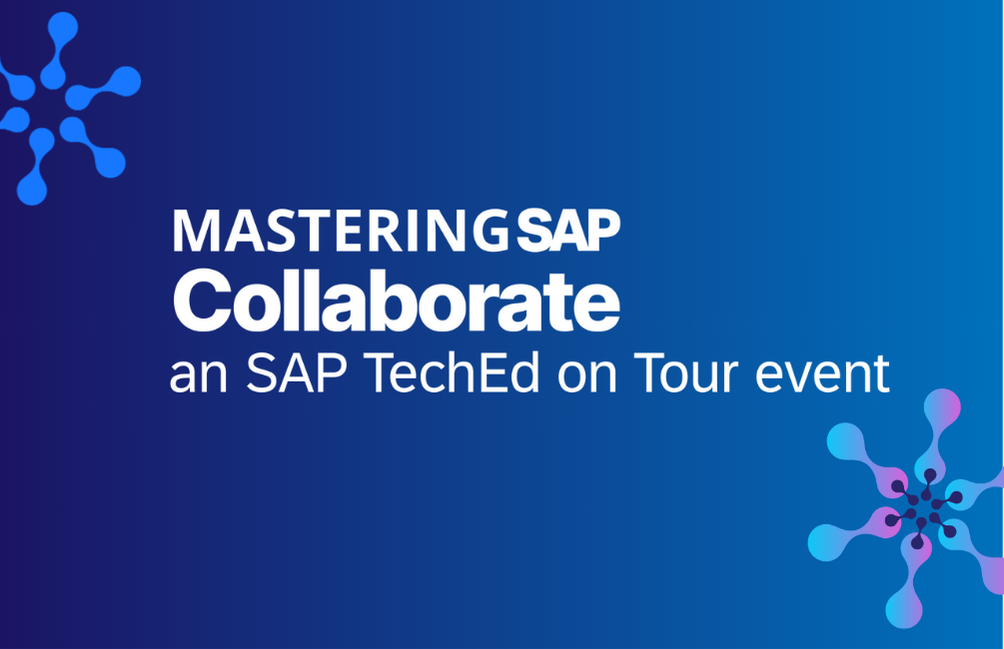SAP S/4HANA and Data Analytics: Evolution or Revolution?
The introduction of SAP S/4HANA has created considerable buzz and excitement among current and prospective SAP clients. SAP S/4HANA — described as the most significant paradigm shift for SAP’s strategic business suite platform in almost 10 years — features some noteworthy advancements in real-time analytics capabilities, and offers a lot of new possibilities, particularly the integration of business process analytics. As with any major technology change, current and potential customers have questions about how the changes will affect them. Our discussions with data and analytics professionals led us to notice three significant areas of interest.
3 Big Questions for Data and Analytics Professionals
First, data and analytics professionals want to understand how disruptive an SAP S/4HANA migration will be to their current platform and processes. Does the embedded-analytics configuration require that it be the core of their data and analytics systems going forward, or can it function in some ancillary capacity with existing processes and infrastructure? The maturity of the organization’s existing data and analytics certainly influences the question of whether SAP S/4HANA represents an opportunity to refine existing systems, or to replace them entirely.
Second is how the real-time analytics capabilities of SAP S/4HANA — one of its most talked-about enhancements — will integrate with and leverage existing warehoused data. Will it leave residual pools of legacy data functionally orphaned and disconnected from newly gathered data? Or will it integrate them into central repositories and harvest new analytic insight from them? Answers will vary depending on the industry and the complexity of existing data systems.
Explore related questions
The third line of questioning we encounter is about the impact on existing reporting — at the strategic, managerial, and operational levels. One welcome clarification is that the SAP S/4HANA solution will generate operational reporting as a matter of course, without the need for additional replication. The implications for end-to-end managerial and strategic reporting are more intricate, so enterprise-specific assessments will need to be made about how best to use the new platform’s data integration capabilities and data modeling features for those purposes.
It All Starts with Strategy
In addition to these three areas of specific interest about SAP S/4HANA, data and analytics leaders know from experience with any major platform migration that they must factor a wealth of other considerations into their implementation: timetables and roadmaps, budgetary and risk repercussions, data governance, and training and culture impacts. And whether the company is taking on SAP S/4HANA in an evolutionary approach, upgrading existing SAP technology, or completing a revolutionary installation, the time and effort involved can vary significantly.
At KPMG, we’re familiar with all the tactical implementation-support solutions in the marketplace. All of them have an appropriate role to play when enterprises commit to an SAP S/4HANA-enabled transformation of their data and analytics capabilities. When we speak about SAP S/4HANA to peer data and analytics professionals, however, we prefer to bring the conversation back to strategic fundamentals, such as organizational objectives and targets. When organizations know the foundation that underlies their implementation — their very data and analytics strategy — we have consistently found that their other considerations begin to take a more measured, proportional perspective. To learn more, visit www.kpmg.com or email us at gthrash@kpmg.com and abatra@kpmg.com.
This article is intended solely for informational and educational purposes. KPMG LLP audits SAP. KPMG LLP is not endorsing or recommending the products or solutions discussed in this article nor selling, marketing, or implementing these products or solutions for KPMG LLP audit clients.








